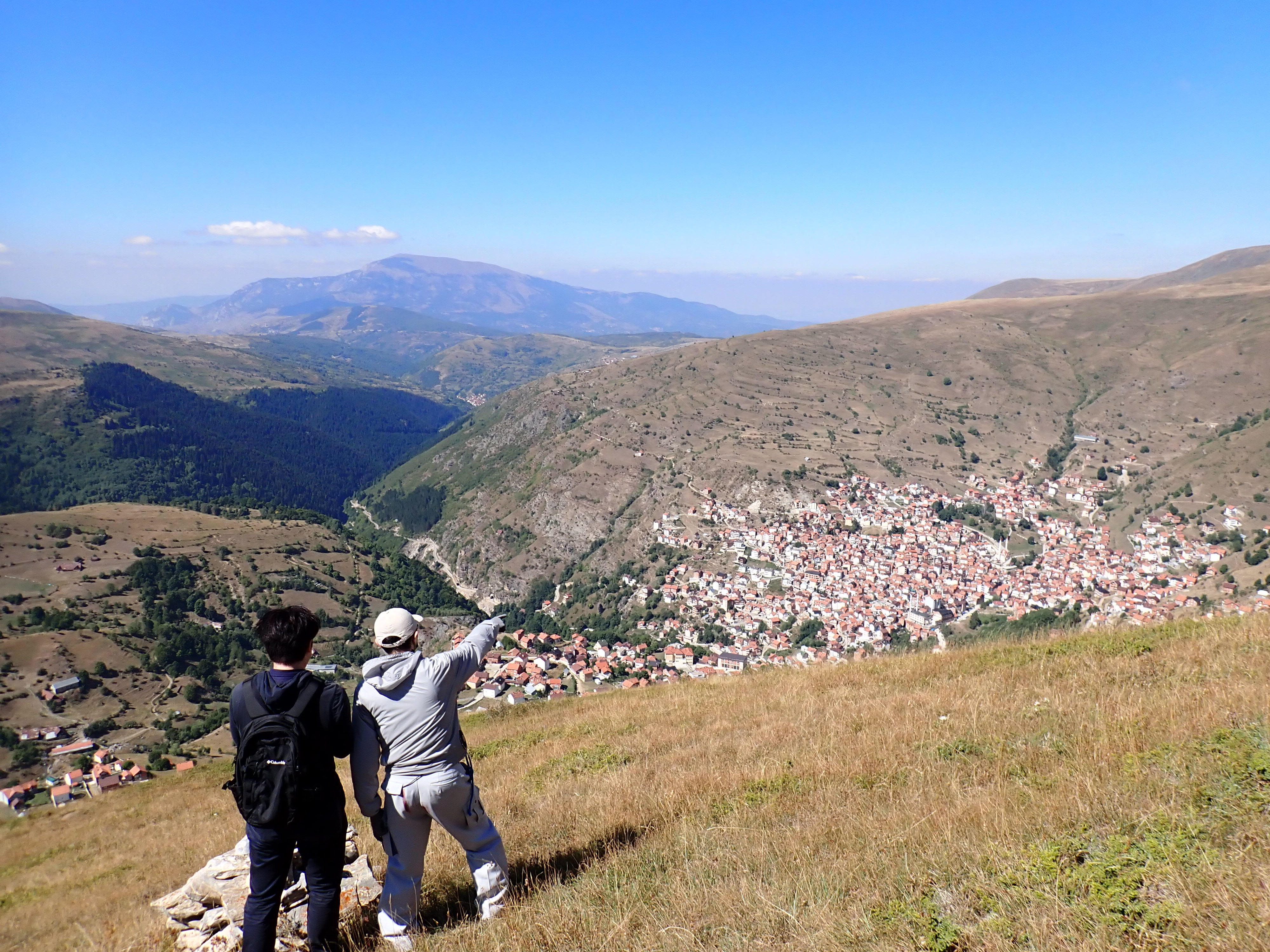Kosovo is the youngest country in the Balkans, having declared independence from Serbia in 2008. Despite achieving an average annual economic growth of about 4%, it heavily relies on remittances from overseas emigrants and international aid to support its economy. However, with an unemployment rate exceeding 20% (as of 2021, source: World Bank), it remains one of one of the countries facing toughest economic challenges in Europe. Stable economic development as a nation is crucial for poverty reduction. Kosovo also aims for EU accession, posing significant challenges in aligning with EU standards in various sectors such as the environmental sector.
Under its basic strategy for Kosovo as "Stabilizing social and economic infrastructure towards sustainable nation-building", JICA focuses on the priority areas of “Improvement of Environment and Infrastructure・Management Capacity” and “Social and economic stability including human resources development”. Under “Improvement of Environment and Infrastructure・Management Capacity”, JICA provides support in solid waste management, air pollution control, forest fire information systems, and nature-based solution for disaster risk reduction In anticipation of EU accession. Under “Social and economic stability including human resources development", JICA provides assistance for producing public broadcast programs in consideration of multi-ethnic environment.
Basic Information (2022):
Population: 1,761,985
GNI: USD9,524 million
GNI per capita: USD5,590
Unemployment rate: 20.4% (2021)
Area: 10,887 square kilometers
(Source: World Bank "World Development Indicators")





scroll